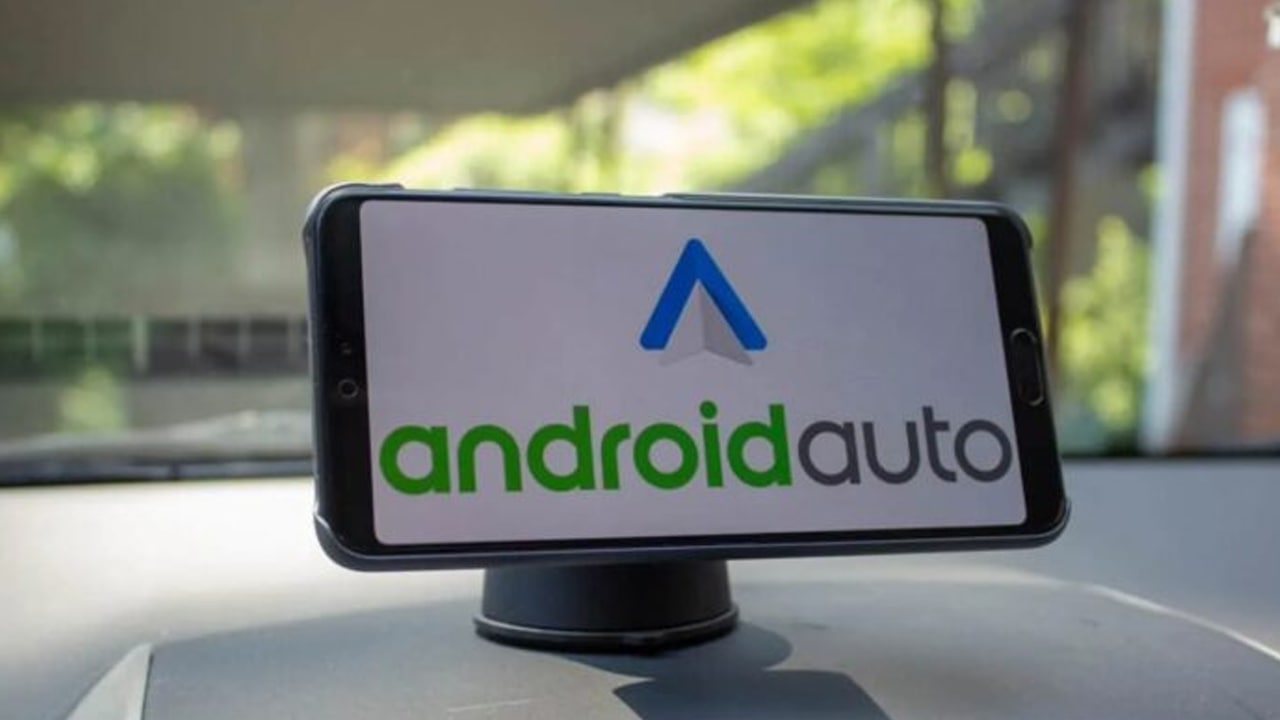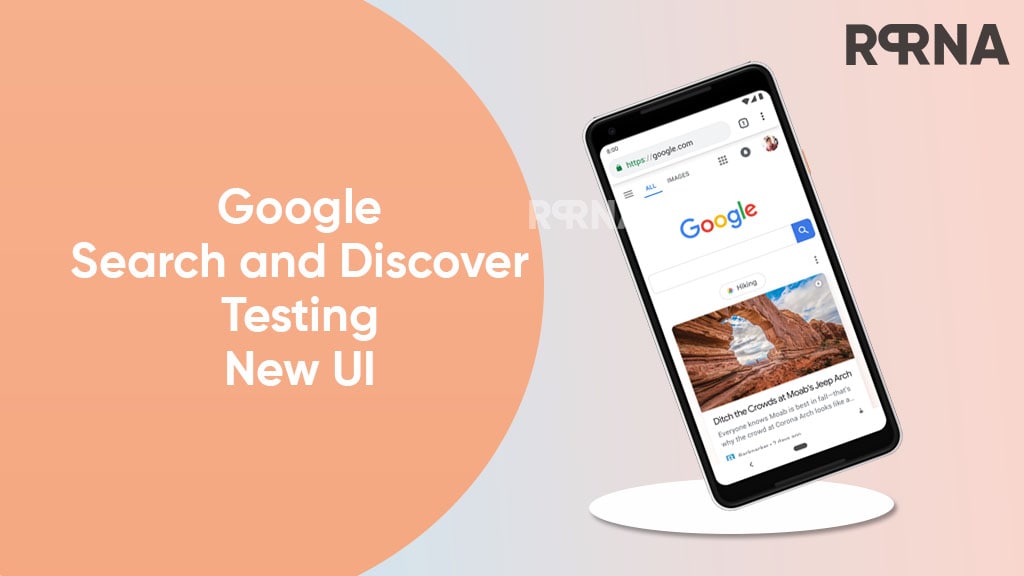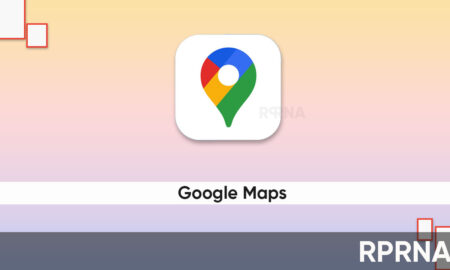All posts tagged "Google"
-

 201News
201NewsGoogle’s Foldable Flop: Poor camera, high price
Key Points: Google’s upcoming foldable phone has weak cameras. The phone might be costly. Competition in the foldable market is fierce. Google’s...
-

 136News
136NewsGoogle Messages, Phone, and Pixel 9: Security and convenience updates
Here’s a quick rundown of some exciting updates coming to your Android experience: Safer messaging: Google Messages might get even more secure...
-

 246News
246NewsPixel 8a’s stunning screen: a bright surprise
Google’s Pixel 8a has truly impressed experts with its exceptional screen quality. This is surprising because it’s a more affordable phone. Even...
-

 250News
250NewsAndroid Auto needs a newer phone
Key Points Android Auto now requires a newer phone. The minimum Android version is now 9.0. Most people already have a compatible...
-

 233News
233NewsGoogle Discover gets playful with daily polls and streamlined news updates
Key Points: Google Discover introduces a new “Games” section with daily “Would You Rather” polls. Users can participate and see anonymized results,...
-

 165News
165NewsExciting updates for Google services: Auto-captions, AI anti-scam protection, and enhanced security
Key Points: Google Drive adds auto-generated captions for new videos. Google Phone app gets AI-powered anti-scam protection. Google Messages to introduce end-to-end...
-

 193News
193NewsFree Gemini gets a boost: faster, smarter, and more insightful with 1.5 flash
Here’s what you need to know: Free Tier Upgrade: Google’s free AI assistant, Gemini, now runs on the powerful 1.5 Flash model....
-

 256News
256NewsPixel Watch 3: More space for information
Key Points: New Pixel Watch design revealed. Larger screen with more room for information. Potential for improved app functionality. Google’s upcoming Pixel...
-

 247News
247NewsGoogle Maps gets a facelift for Wear OS
Key Points: Google Maps on your smartwatch is getting a new look. It’s easier to find your way around with new shortcuts....
-

 294News
294NewsGoogle Pixel 9 series and Pixel Buds Pro 2: what to expect
Key Points: Google Pixel 9 series to be announced on August 13. New Tensor G4 chip and camera upgrades. Pixel Buds Pro...
